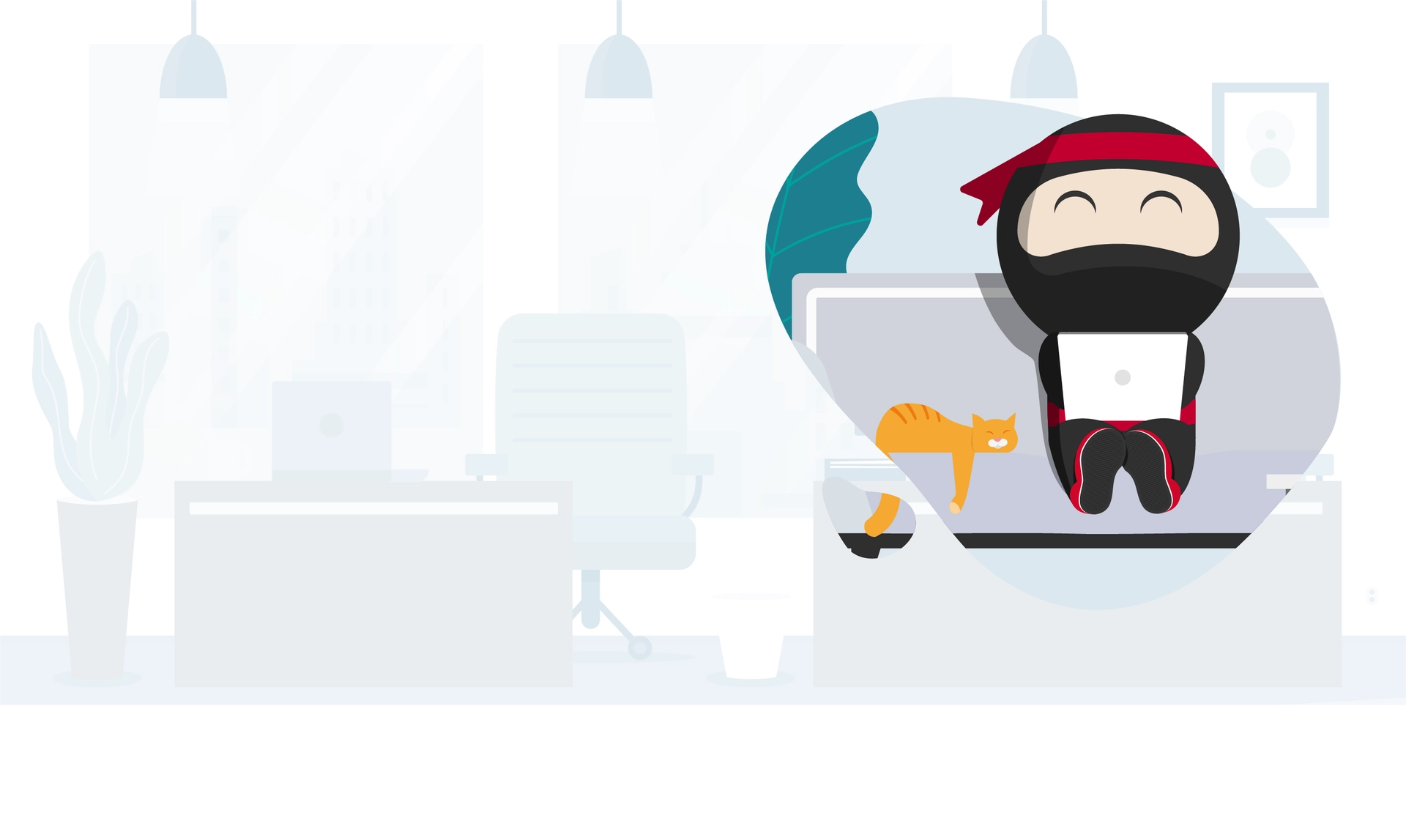All You Need To Know About Customs Clearance
There are two types of customs clearance, namely B2C and B2B customs clearance. Your bulk shipment meant for business purposes such as restocking will go through B2B customs clearance. As the De Minimis rule does not hold, you have to pay custom duties and taxes for your shipment. For transshipments, duties will only be incurred at the final destination.
You should also note the commodity type of your shipment as it will determine the list of documents you would need for customs clearance. Documents required also depend on the customs regulations of the origin and destination countries. Read on to find out more or speak to our friendly Ninjas to learn about the customs procedures for your international shipment.
Duties For International B2B Shipment

Singapore:
7% GST + Import Tax

Malaysia:
10% SST + Import Tax

Thailand
7% VAT + Import tax

Indonesia:
10% VAT + Import Tax

Vietnam:
10% VAT + Import Tax

Philippines:
12% VAT + Import Tax


